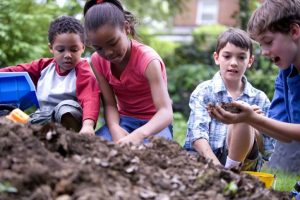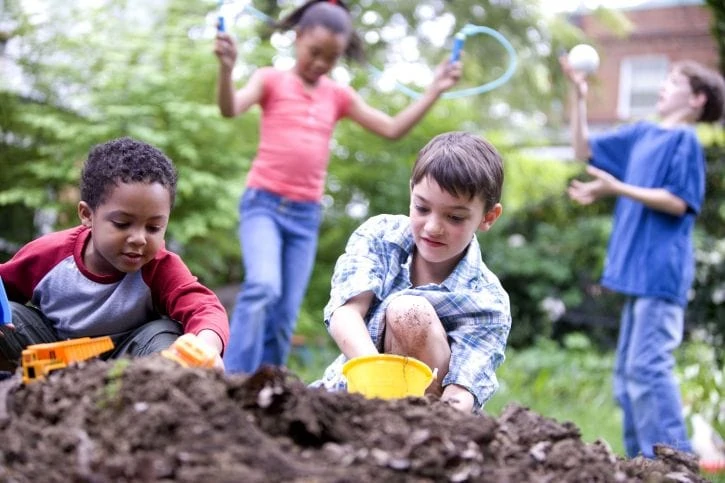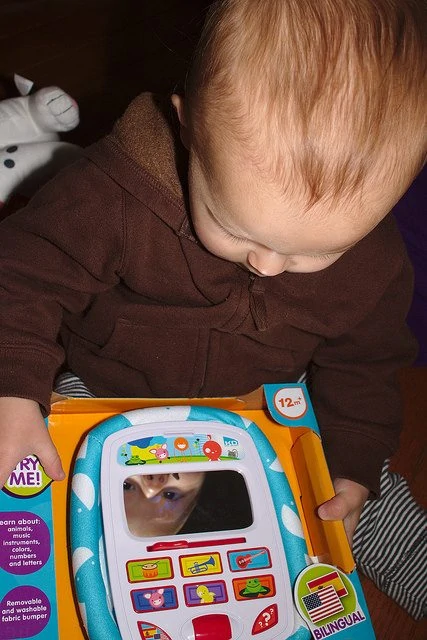One day while sharing a lesson on work-play balance, I asked the group of sixth graders I was working with, “What happens if you were to play all the time?” They said that you’d live with your parents for the rest of your life.
“So, what happens if you work too much?” They said that you’d become a workaholic.
Then one boy quietly said, “I think my dad is a workaholic. He doesn’t play with me anymore. “
This opened up a discussion among with students about overscheduled lives. For some, it was both parents working long hours at multiple jobs to make ends meet. For others, it was a litany of school, homework, sports, music lessons, and more.
On either end of the economic spectrum, few students described any opportunities to simply relax at home, free from the pressures of doing, doing, doing.
The Developmental Need for Play
While most all of us are conscious of the need for downtime – weekends, the occasional “mental health day,” vacations, and the like – to decompress from the pressures and demands of our everyday lives (whether we claim and embrace that downtime or not), it’s easy to forget that kids need this just as much.
In fact, they may need it even more. A recent clinical report from the American Academy of Pediatrics outlines how play is essential for children’s development.
Play is not frivolous: it enhances brain structure and function and promotes executive function (ie, the process of learning, rather than the content), which allow us to pursue goals and ignore distractions.

More, “play,” write the authors, “supports the formation of the safe, stable, and nurturing relationships with all caregivers that children need to thrive.”
It also fuels greater resilience, perhaps especially for children with a background of trauma.
When play and safe, stable, nurturing relationships are missing in a child’s life, toxic stress can disrupt the development of executive function and the learning of prosocial behavior; in the presence of childhood adversity, play becomes even more important. The mutual joy and shared communication and attunement (harmonious serve and return interactions) that parents and children can experience during play regulate the body’s stress response.
Creating Time & Space for Supported Downtime

As with exercise, it needn’t be done all in big doses. Many small doses can be just as helpful.
For instance, why not designate certain times each week that are 100% screen-free in the household? You can then fill that time for other activities – game night or shared hobbies or even the occasional outing for things like bowling or miniature golf, or listening to music or seeing a play?
Another idea: Make family dinners a priority – and let the kids be involved in the preparation, too. Make it a family endeavor. So many important discussions can happen across the dinner table – and yes, the minutiae of “how was your day” is vitally important if for no other reason than that it expresses care and interest.
And sometimes, it can be good to just let your kids be “bored.” “Boredom” is when creativity can blossom – and when children learn about themselves, their interests, who they are, and what truly matters to them.
As one commentator has aptly put it,
Filling a child’s time for them teaches nothing but dependence on external stimulus, whether material possessions or entertainment. Providing nurturing conditions and trusting children’s natural inclination to engage their minds is far more likely to produce independent, competent children, full of ideas.
In fact, there’s a lesson here for all of us. Switching off, doing nothing and letting the mind wander can be great for adults too – we should all try to do more of it.
Family image by pudgeefeet, via Flickr





